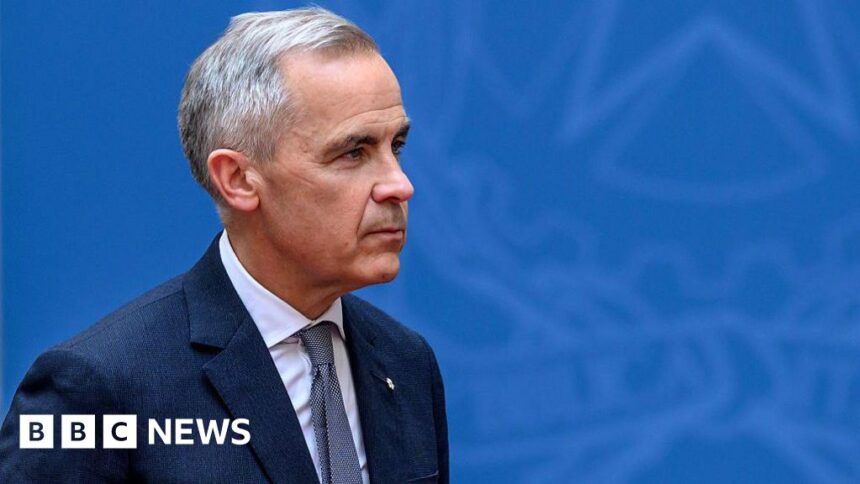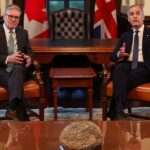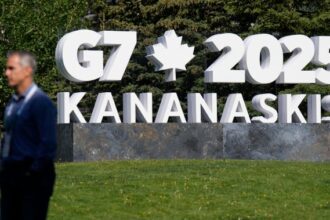In the wake of last week’s G7 Summit in Italy, former Bank of England governor Mark Carney’s visibility on the global stage has rekindled speculation about his potential political ambitions in Canada. As Prime Minister Justin Trudeau’s climate finance advisor, Carney’s prominent role in international climate discussions has raised questions about whether he might be positioning himself for a future in Canadian politics.
The summit in Bari showcased Carney’s diplomatic acumen as he navigated complex negotiations on climate finance between world leaders. His ability to bridge economic concerns with environmental imperatives drew praise from several quarters, including French President Emmanuel Macron, who described Carney as “a voice of reason in a polarized debate.”
“The G7 presented a critical opportunity to align economic policies with climate goals,” Carney stated during a press briefing. “Canada’s leadership on sustainable finance demonstrates how we can create prosperity while addressing our greatest environmental challenges.”
Political analysts note that Carney’s increased public profile comes at a time when the Liberal Party may be considering succession planning. With Trudeau facing declining approval ratings and having led the party for over a decade, speculation about future leadership has naturally emerged.
Dr. Eleanor Thompson, professor of political science at the University of Toronto, explains, “Carney brings a unique combination of economic credibility and climate expertise that appeals to both business-oriented voters and environmentally conscious Canadians. His international experience gives him gravitas that few potential candidates can match.”
Despite maintaining that he is focused on his current advisory role, Carney has not explicitly ruled out a future in politics. During a recent interview on CO24 Politics, he carefully sidestepped direct questions about leadership ambitions, instead emphasizing the urgency of climate action.
The timing is particularly noteworthy as Canada’s economic challenges continue to mount. With inflation concerns, housing affordability issues, and the ongoing transition to a greener economy, Carney’s background as a central banker could position him as a steady hand during uncertain times.
“Carney represents a potential bridge between fiscal responsibility and progressive values,” says Michael Grenier, political strategist and former Liberal campaign advisor. “His economics background reassures markets while his climate credentials appeal to the party’s environmental base.”
However, challenges remain for any potential Carney candidacy. Despite his impressive résumé, he lacks grassroots political experience and would need to overcome perceptions of being part of the global elite. Additionally, his years abroad at the Bank of England mean he would need to reestablish deep connections with Canadian voters.
The G7 Summit also highlighted Canada’s complex position on the global stage, balancing relationships with European allies while navigating the economic gravity of the United States. Carney’s international relationships, built over decades in global finance, could be valuable assets should he transition to political leadership.
As climate policy becomes increasingly central to both domestic and international politics, figures like Carney who can translate environmental imperatives into economic terms may find their skills increasingly in demand. Whether this translates into political capital remains to be seen.
As Canada approaches the next election cycle, will voters prioritize international prestige and economic expertise, or will they seek new voices from outside the established political and financial institutions?










